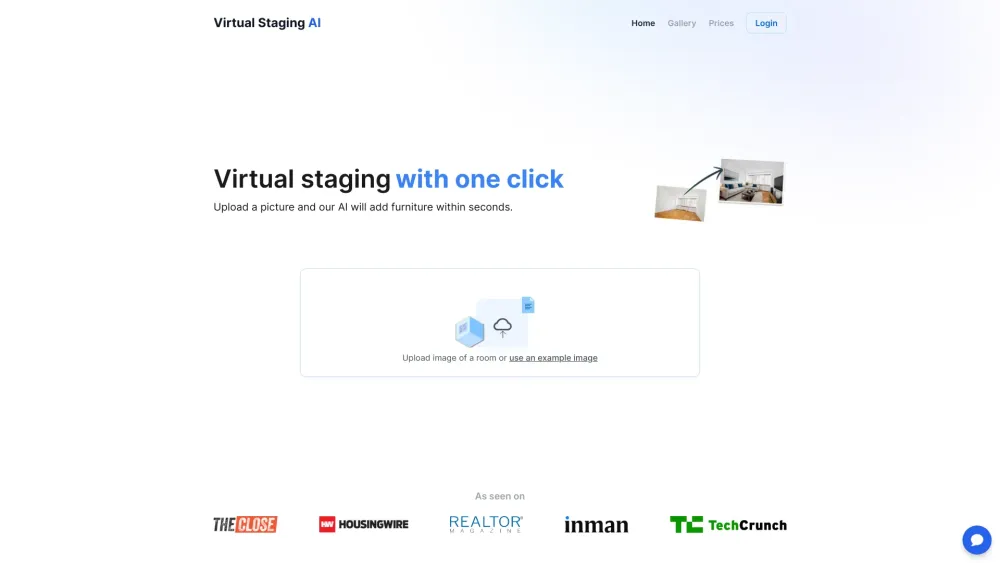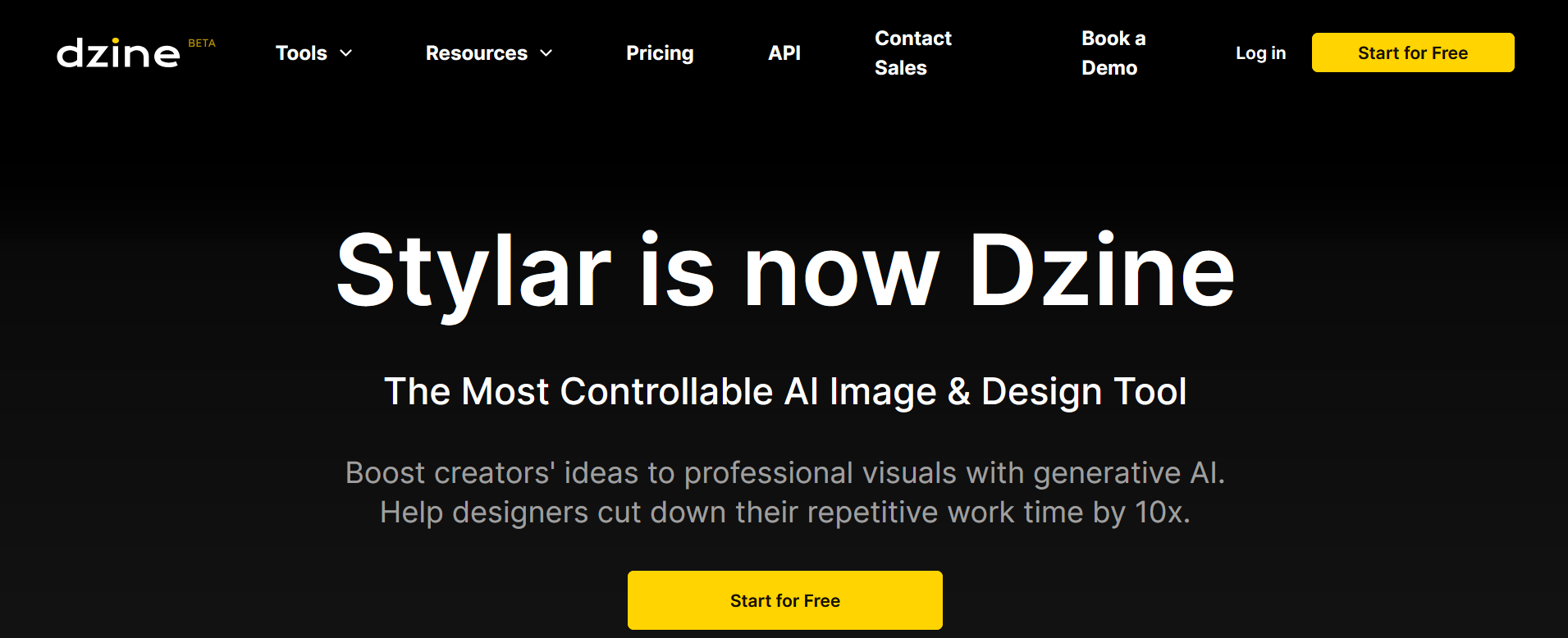Recent discussions in international media highlight a new antitrust battle led by the European Union (EU) and other regulatory bodies, focusing on business practices shaping emerging markets, particularly in artificial intelligence (AI). An EU official emphasized intensified scrutiny of the AI sector, centering on Microsoft's substantial partnership with AI leader OpenAI.
Margrethe Vestager, the European Commission's Executive Vice President, expressed concerns during a recent speech. She noted Microsoft’s $13 billion investment in OpenAI, stressing the importance of ensuring that such collaborations do not obscure control dynamics between the partners. As reported, their cooperation is under EU antitrust investigation, with the Commission seeking additional information about their agreement to assess potential exclusivity terms that could harm competitors.
The EU is applying its antitrust regulations to investigate any abuses by dominant market players. Vestager warned that large tech companies might impede smaller AI developers from accessing users and businesses. She specifically mentioned Google’s partnership with Samsung, regarding the pre-installation of its Gemini Nano model on select devices. Earlier this year, Google signed a multiyear deal with Samsung to integrate its generative AI technology into the Galaxy S24 smartphone series.
In March, the Commission contacted major AI firms like Microsoft, Google, Facebook, and TikTok for insights into their practices. A recent report from the UK's Competition and Markets Authority revealed that tech giants are influencing the market in anti-competitive ways. Since 2019, companies such as Alphabet, Amazon, Apple, Meta, Microsoft, and Nvidia have formed over 90 partnerships with large language model creators. The report indicates that these tech behemoths leverage essential resources like computing power and data, along with their control over consumer access, to dictate terms to their partners.
"Their dominance over networks reaching billions of users, coupled with vast amounts of personal data, creates significant barriers for startups," stated the Financial Times. Pan Helin, an economist and member of the Ministry of Industry and Information Technology’s expert committee, noted that partnerships between tech giants and AI firms allow larger companies to dominate the market using their ecosystems. He pointed out that tech giants possess more substantial resources in data, computational power, and algorithms than startups, which stifles innovation and elevates AI companies associated with these giants above independent players.
Moreover, significant investments in AI by tech titans are reshaping the landscape, with companies acquiring talent and smaller firms. For example, Amazon invested $4 billion in AI startup Anthropic, and Apple acquired Canadian startup DarwinAI to enhance its capabilities. Microsoft also paid a $650 million licensing fee to the startup Inflection for access to its technology and talent.
Pan Helin remarked that the true monopolistic strategy of tech giants lies not only in bundling services but in monopolizing vital resources for AI development. Andreas Mundt, president of Germany's Federal Cartel Office, noted that market concentration in the digital sector is likely to deepen, strengthening power dynamics across various levels, from chips to applications. Quartz reported that Nvidia leads the data center chip market driving AI software, while OpenAI dominates AI chatbots. However, the report cautioned that such monopolistic conditions may not persist indefinitely. Regulatory bodies in the U.S. and the U.K. are also closely monitoring anti-competitive behavior in the AI sector among tech giants like Microsoft, Nvidia, and OpenAI.




